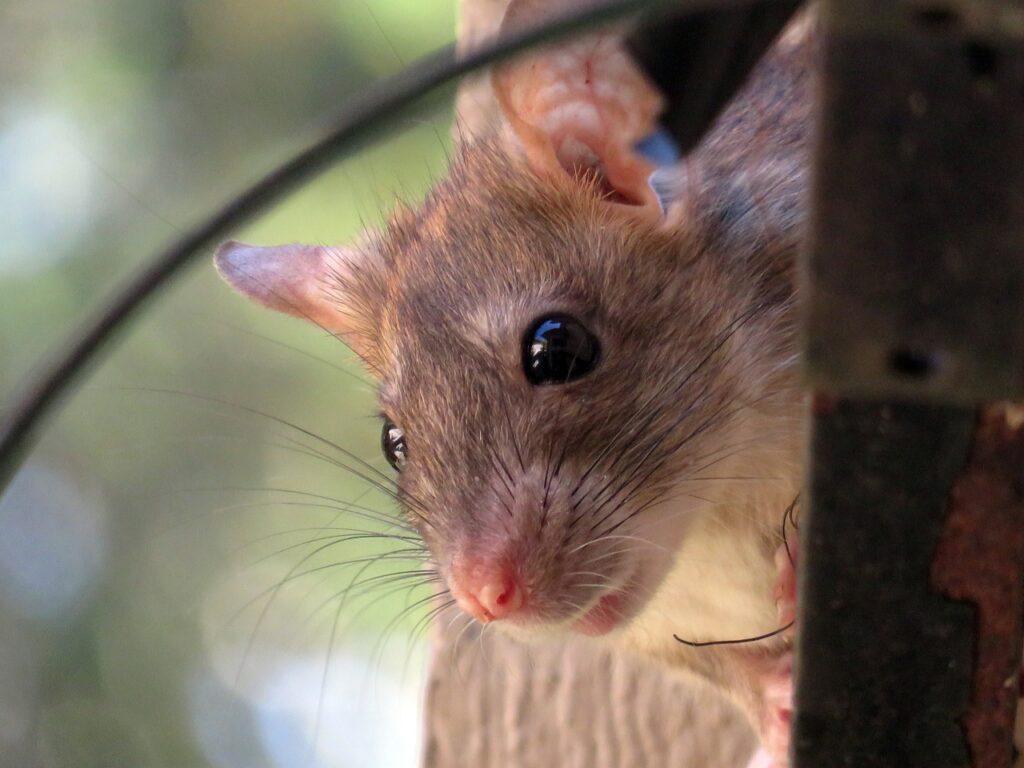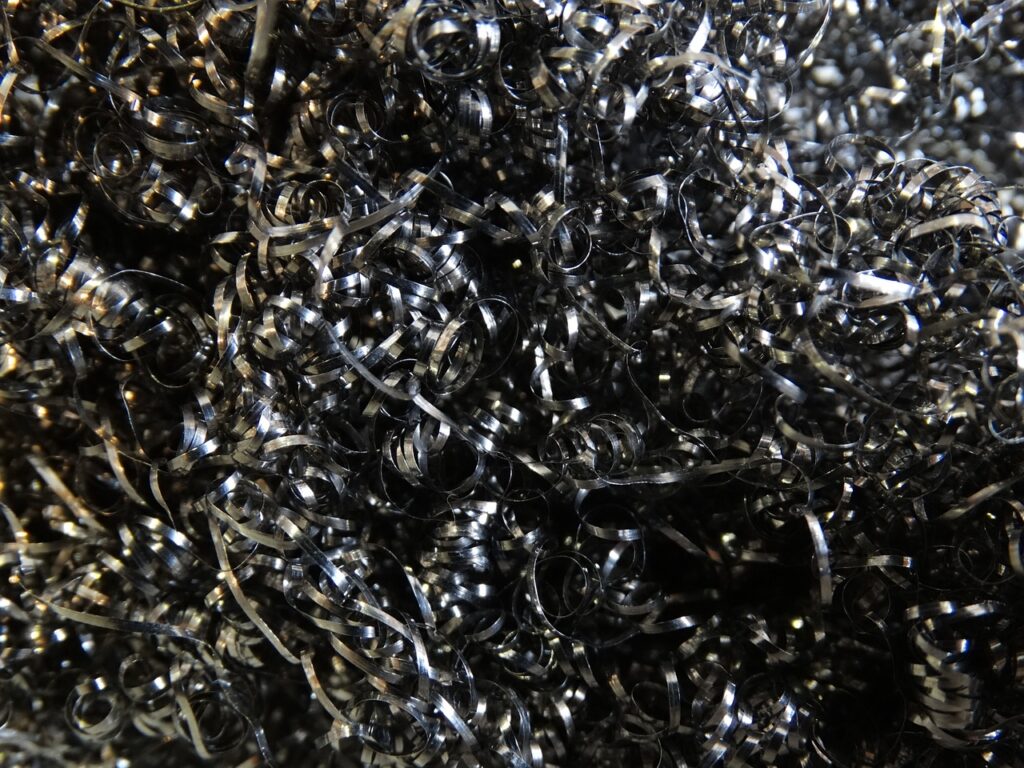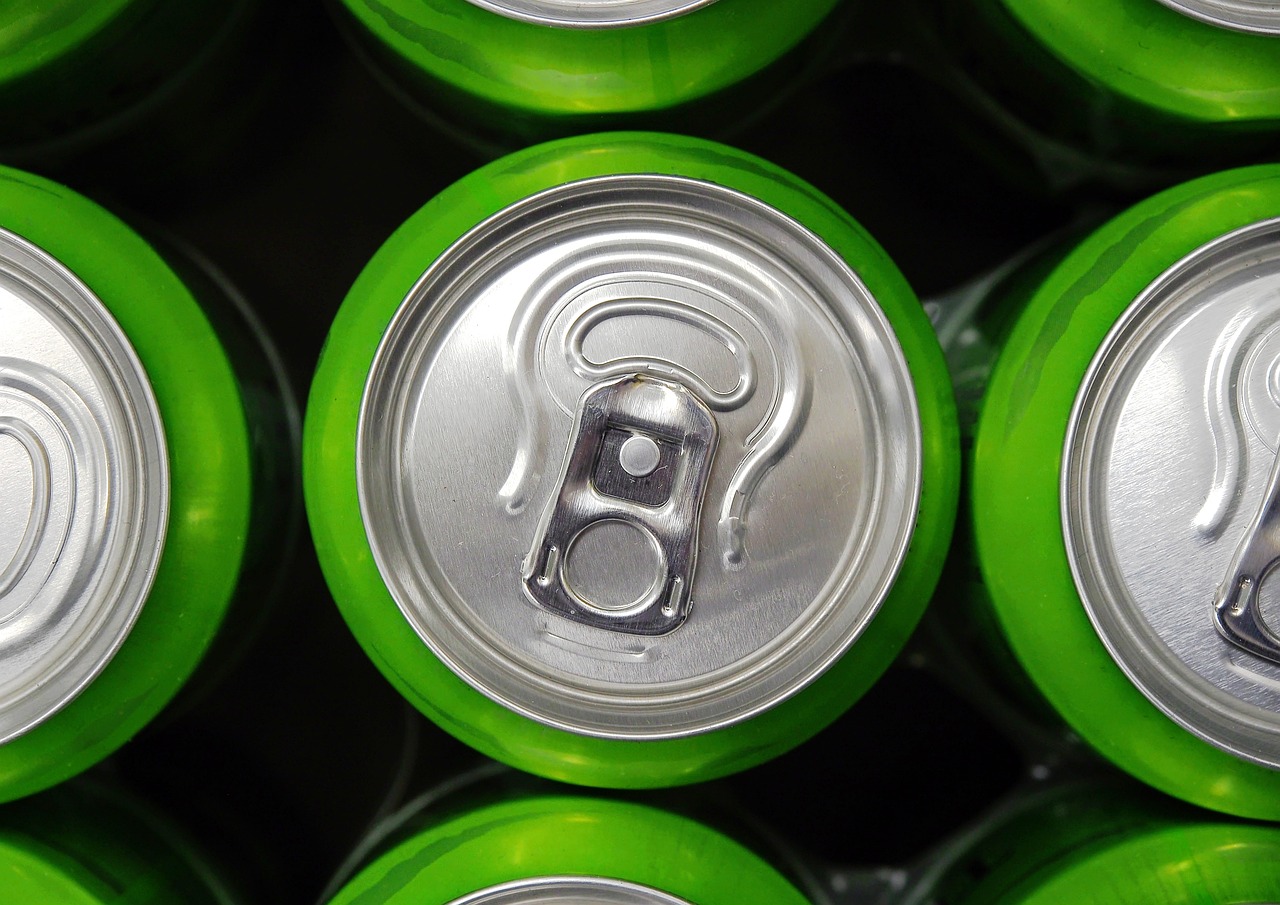We all know that rats can chew! But what is the extent of their chewing power? Can rats chew through metal? Yes, rats can chew through metal. It depends on what type of metal. Not all metals are created equal — some are stronger than others and more resilient against rats.
Rats can chew through metal, but…
- Rats can only chew through lighter metals like aluminum. Rat teeth are stronger than you think. They can chew not just through cardboard and food packaging, but also through certain metals. They are known to be able to chew through aluminum, copper, lead, tin, and other lighter metals. Unfortunately, many of the things you find in homes have these materials. Your air conditioners and radiators have aluminum. Your electrical wires are literally made of copper. Utensils and soda cans can contain lead. And your cooking utensils and pans are made of tin.
- They can’t chew through harder metals like solid steel. Even though rats have some of the strongest jaws and teeth among rodents, they have their limitations. They can’t chew through anything that is stronger than iron, such as steel. This is the reason why rat traps contain steel and not lighter metals. But still, don’t underestimate the strength of rats. There are some instances where unusually strong rats are able to chew through the hardest rat cages and the most solid PVC pipes.
- They can chew practically anything softer than metal. If it’s not metal, rats can probably chew through it. They can chew through baseboards and solid flooring materials. They can chew through the drywalls in your ceiling and interior walling. And they can even live inside these walls. They can also chew through thin glass and plastic, which are common materials for door and window screens and pipes.

How and why rats chew through your home
- Rats need to chew to stop their teeth from growing. Rats chew through your home not just to create passageways and look for food. They also do it to file their teeth. Their incisors are continuously growing. If they don’t chew on something to wear them down, they can grow so much that the rats won’t be able to close their mouths and they can die. Because of this, they need to be consistently chewing and filing their incisors, wreaking havoc on everything in their wake. If you have a rat infestation at home, you will see all these gnaw marks around, even in areas where they don’t seem to be creating passageways.
- They chew to get in and out of your home. One of the main reasons why you have rats at home is easy access. Rats are wily creatures. They use common passageways like doors and windows to get in and out of your home. They also use passageways that you don’t normally think about, such as the cracks in your ceiling and holes in your walls. These rodents chew through the materials of these passageways to make your home even more accessible. It will be unfortunate for you if these passageways are made of soft materials like cardboard and light metals.
- They chew to gather materials for their nest. Rats, and rodents in general, are mammals. They will seek warmth to protect themselves from the elements and warm themselves. This is why your home is such a rat magnet. It’s not just a haven of resources. It’s also full of shelter opportunities. Even if rats are already inside your home, they will still make a “nest.” In the wild, they use twigs and other debris to make a nest. Inside human homes, they will usually go with wood. And they will get this wood by chewing on the items inside your home. It’s just part of the nature of rats. Even pet rats will gnaw on anything in their vicinity.
How to prevent rats from gnawing on your property
- Use hard materials around your home. Rats can only chew through certain kinds of metals, such as aluminum. You can try avoiding having these light metals at home, but that’s easier said than done considering that many household items inherently come with these materials. What you can do instead is reinforce your home with stronger materials that rats won’t be able to chew through. For instance, you can seal holes around your home with steel wool and wire mesh. This way, rats won’t be able to use the holes as passageways. Rats also have a hard time chewing through solid concrete and stone.
- Get rid of the rats on your property. The best way to get rid of rats is to call pest control professionals. But you may be able to get rid of minor infestations yourself. You can try rat traps, such as glue traps, rat cages, and snap traps. But make sure to handle them with gloves, as rats are hard to trap because they can smell you from the trap. You can also try rodenticides. But make sure to keep them away from children and household pets like cats and dogs. Rodenticide poisoning is a thing.
- Prevent the rodents from coming back. Reinforcing your home with solid materials like steel wool and wire mesh is already an effective way to prevent these pests from coming back. But why are they trying to get inside your home in the first place? Maybe food and water are just too accessible on your property. Always clean up after eating and keep your home dry, especially moist areas like bathrooms and basements. When cleaning, also give particular attention to areas you don’t often visit, like your attic.

Rats can chew through certain metals
Rats can chew through metal, but not all kinds. They can only chew through lighter metals like aluminum, copper, lead, and tin. They can’t chew through hard metals like steel and solid materials like stones. But there are instances where unusually strong rats can chew through these as well.
These rodents have very strong jaws and teeth that can seriously damage your home, especially if your home and personal items have a lot of these lighter metals. Get rid of these pests with rat traps and rodenticides. And prevent them from coming back by cleaning your home and reinforcing your home with materials they can’t chew through.

